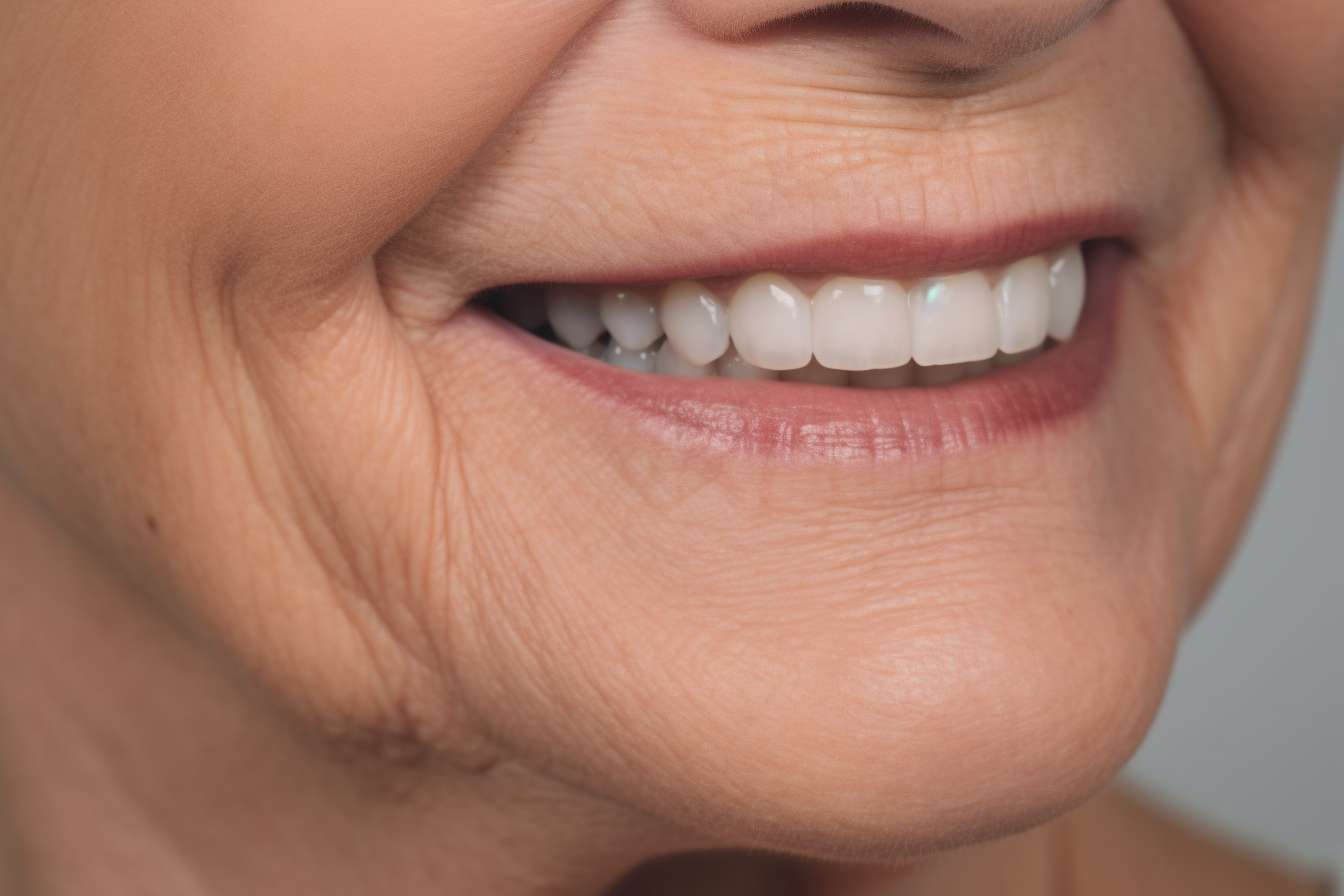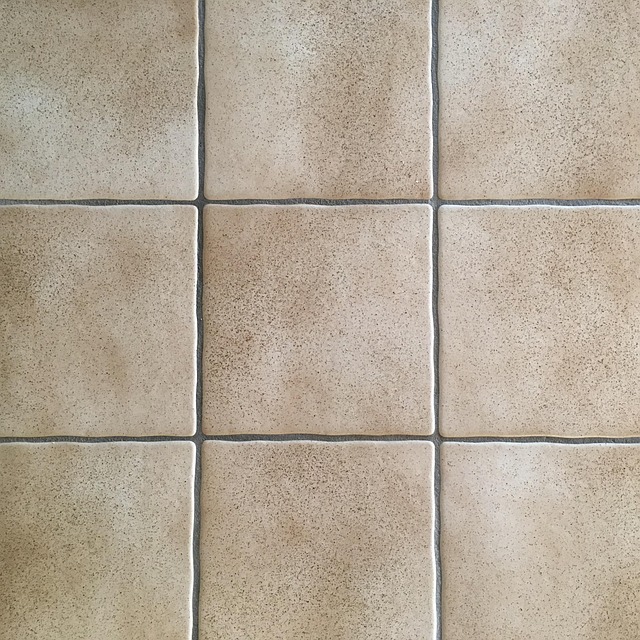Understanding Aging Skin: Causes, Care & Anti-Wrinkle Tips
Explore the biology behind wrinkles and practical ways to preserve healthy, younger-looking skin. This guide explains intrinsic and extrinsic aging, the best prevention habits, proven skincare actives, nutrition and lifestyle factors, and modern treatments—helping you create an evidence-based plan to slow skin aging and boost confidence.

As skin matures, visible changes like fine lines, deeper wrinkles, and texture differences become more noticeable. Aging is driven by internal processes and environmental influences; understanding both helps you make informed choices to protect and support your skin’s structure and appearance.
What causes skin to age?
Skin aging results from two overlapping processes. Intrinsic aging is the natural, biological decline that comes with time: cell turnover slows, collagen and elastin production diminishes, and the skin becomes thinner and drier. These changes are largely determined by genetics and the passage of time.
Extrinsic aging is the result of outside forces that accelerate those internal changes. Ultraviolet (UV) exposure is the biggest offender — repeated sun exposure breaks down collagen and elastin fibers and leads to photoaging, which manifests as deeper wrinkles, pigmentation, and rough texture. Pollution, poor sleep, smoking, and unhealthy habits also contribute to oxidative stress and inflammation, compounding visible aging.
Ways to prevent premature aging
Prevention offers the best return on investment when aiming for resilient, youthful skin. Practical, evidence-based habits include:
-
Sun protection: Use a broad-spectrum sunscreen (SPF 30 or higher) daily and pair it with hats and protective clothing when exposed to strong sunlight.
-
Balanced diet: Eat a variety of antioxidant-rich foods, lean proteins, and healthy fats to supply the nutrients skin needs for repair and maintenance.
-
Hydration: Regular water intake supports overall skin hydration; topical moisturizers help seal in moisture.
-
Avoid tobacco: Smoking reduces blood flow and damages collagen, accelerating sagging and wrinkle formation.
-
Stress reduction: Chronic stress increases inflammatory markers and speeds aging, so incorporate relaxation techniques like meditation, yoga, or breathing exercises.
Anti-aging ingredients that work
Several skincare actives have strong scientific backing for reducing signs of aging and improving skin health:
-
Retinoids: Derivatives of vitamin A that promote cell turnover and stimulate collagen synthesis, helping to smooth fine lines and even tone.
-
Vitamin C: A potent antioxidant that brightens skin, supports collagen formation, and defends against free radical damage.
-
Hyaluronic acid: A humectant that draws and holds moisture, plumping skin to reduce the look of fine lines.
-
Peptides: Short amino-acid chains that can signal the skin to increase collagen production and improve texture.
-
Niacinamide: A form of vitamin B3 that enhances elasticity, minimizes enlarged pores, and strengthens the skin barrier.
Incorporating these ingredients via serums, prescriptions, or professional treatments can yield meaningful improvements, but consistency and correct formulation are key.
Lifestyle factors that influence aging
Skin health mirrors whole-body health. The following habits support longevity and a youthful appearance:
-
Regular exercise: Improves circulation, supports immune function, and helps preserve muscle tone.
-
Quality sleep: During sleep, the body performs cellular repair; inadequate rest impairs recovery and promotes aging signs.
-
Mental engagement: Cognitive activity and hobbies help preserve brain health, which is linked to overall wellbeing.
-
Social connections: Strong relationships are associated with longer life and better health outcomes.
-
Stress management: Reducing chronic stress helps lower inflammation and protects tissue integrity.
Nutrition and skin aging
What you eat matters for skin structure and resilience. Important dietary priorities include:
-
Antioxidant-rich foods: Berries, leafy greens, nuts, and colorful vegetables help neutralize free radicals.
-
Omega-3 fatty acids: Found in fatty fish, flaxseed, and walnuts, these fats reduce inflammation and support the skin barrier.
-
Adequate protein: Protein supplies the amino acids needed for collagen and tissue repair.
-
Hydration: Maintaining fluid balance is essential for elasticity and cellular function.
-
Limiting added sugars and processed foods: High sugar intake can cause glycation, a chemical reaction that stiffens and damages collagen and elastin.
Emerging and established treatments
While no treatment stops time, several interventions can improve skin quality and reduce wrinkles:
-
Topical growth factors: These proteins can encourage cell turnover and collagen formation when formulated for topical use.
-
Stem cell approaches: Still largely experimental, some stem cell-based therapies aim to rejuvenate skin by promoting regeneration.
-
Laser and energy-based procedures: Non-invasive lasers, IPL, and radiofrequency can stimulate collagen remodeling and improve texture.
-
Personalized skincare: Genetic testing and AI-driven product recommendations are enabling more tailored regimens.
-
Nutraceuticals: Supplements designed to support skin health from the inside out are growing in popularity, although evidence varies by ingredient.
| Treatment | Typical cost (USD) |
|---|---|
| Laser resurfacing (per session) | $500 – $3,000 |
| Injectable fillers (per syringe) | $400 – $2,000 |
| Prescription topical retinoids (monthly) | $30 – $150 |
| Chemical peels (professional) | $100 – $600 |
Prices are approximate and vary by provider, location, and individual needs. Always consult a licensed professional for accurate estimates.
Putting it together: a realistic anti-aging plan
Combining protective habits, effective topical ingredients, a nourishing diet, and healthy lifestyle choices creates the strongest defense against premature skin aging. Start with daily sun protection, a consistent skincare routine that includes proven actives like retinoids and antioxidants, and wellness practices such as sleep, exercise, and social engagement. Professional treatments can provide targeted improvements, but they work best alongside good home care.
Aging is a normal, inevitable process, and while strategies exist to slow visible signs, embracing the positive aspects of growing older is also valuable. Prioritize overall health, listen to qualified professionals, and build a sustainable routine that supports both skin and wellbeing.
This article is for informational purposes only and should not be considered medical advice. Please consult a qualified healthcare professional for personalized guidance and treatment.






